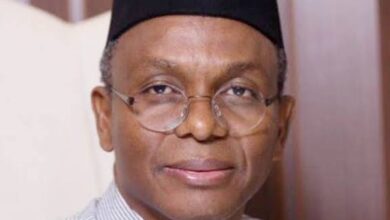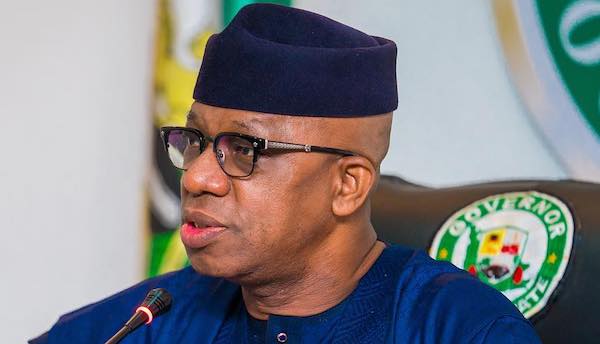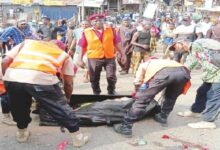Burkina Faso launches first major detergent factory with 300-tonne daily capacity

Burkina Faso has taken a major step toward industrial self-sufficiency with the launch of its first-ever large-scale detergent manufacturing plant—the Fassi Detergent Industrial Complex (CIDF). The facility, located in Napamboum in the Pabré commune near Ouagadougou, was inaugurated by President Ibrahim Traoré in a ceremony that marked a turning point in the nation’s industrial ambitions.
The factory, a 4.5 billion FCFA investment (approximately $7.5 million), has the capacity to produce up to 300 tonnes of cleaning products daily, including powder detergents, liquid soaps, and solid soaps.
It is the first of its kind in Burkina Faso and a key part of the government’s drive to reduce dependence on imported goods while creating meaningful employment.
“This is not just a factory, it is a symbol of our capacity to transform Burkina Faso through industrialization,” President Traoré declared at the inauguration.
“Fassi”: A clean vision for economic growth
The products are marketed under the brand name “Fassi,” a word from the local Mooré language meaning “clean” or “unblemished.” They are available in a wide range of sizes, from 15 grams to 1 kilogram, and are packaged using recyclable materials to promote environmental sustainability.
The facility is projected to create 122 permanent jobs, 366 direct roles, and over 1,600 seasonal positions, providing a major boost to employment in the region.
It also includes potential for future expansion, with the current site occupying one hectare and a planned extension to three hectares.
“This project is a concrete step in the fight against youth unemployment and a bold statement of our industrial independence,” said Minister of Industrial Development, Commerce, and Handicrafts, Serge Poda.
Looking ahead: Exports and expansion
According to management, the plant is preparing to expand its production lines to include a wider variety of cleaning products such as dish soap, bleach (Eau de Javel), and laundry bars.
There are also plans to enter regional markets, positioning Fassi as a high-quality African brand capable of competing on the international stage.
The CIDF was entirely built by Burkinabè engineers and technicians, making it a proudly local innovation. Officials emphasize that this is just the beginning of a broader strategy to promote economic sovereignty through industrialization.
A model for local development
As Burkina Faso continues to face security and economic challenges, projects like the CIDF highlight a path forward—one rooted in local initiative, value addition, and national pride.
“The Fassi factory proves that with vision and commitment, we can build the industries we need right here at home,” President Traoré concluded.









